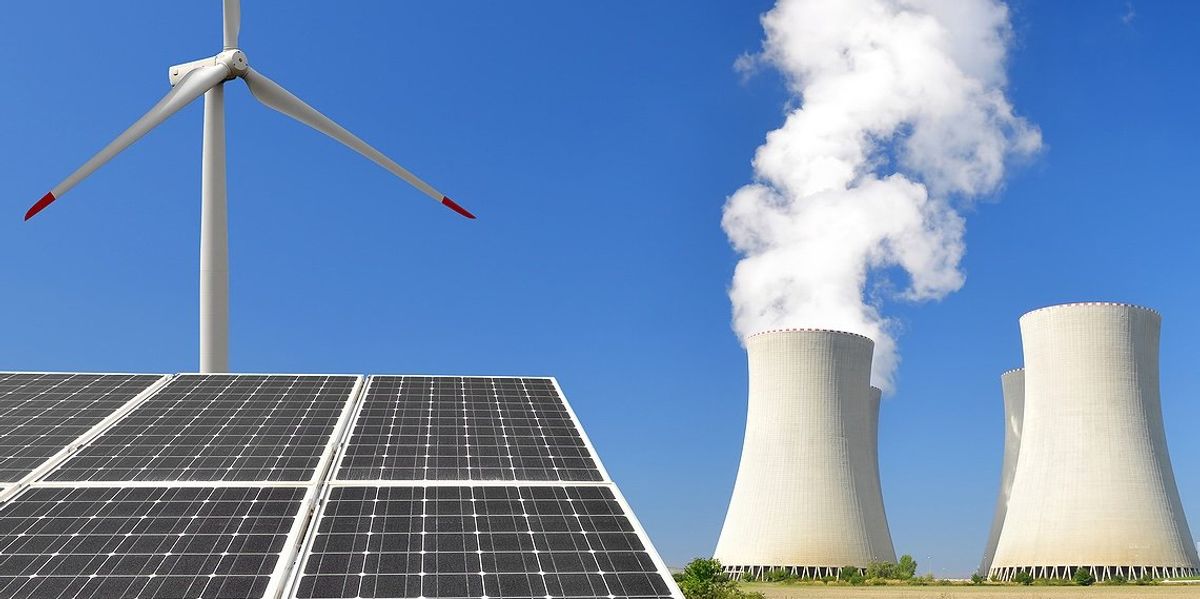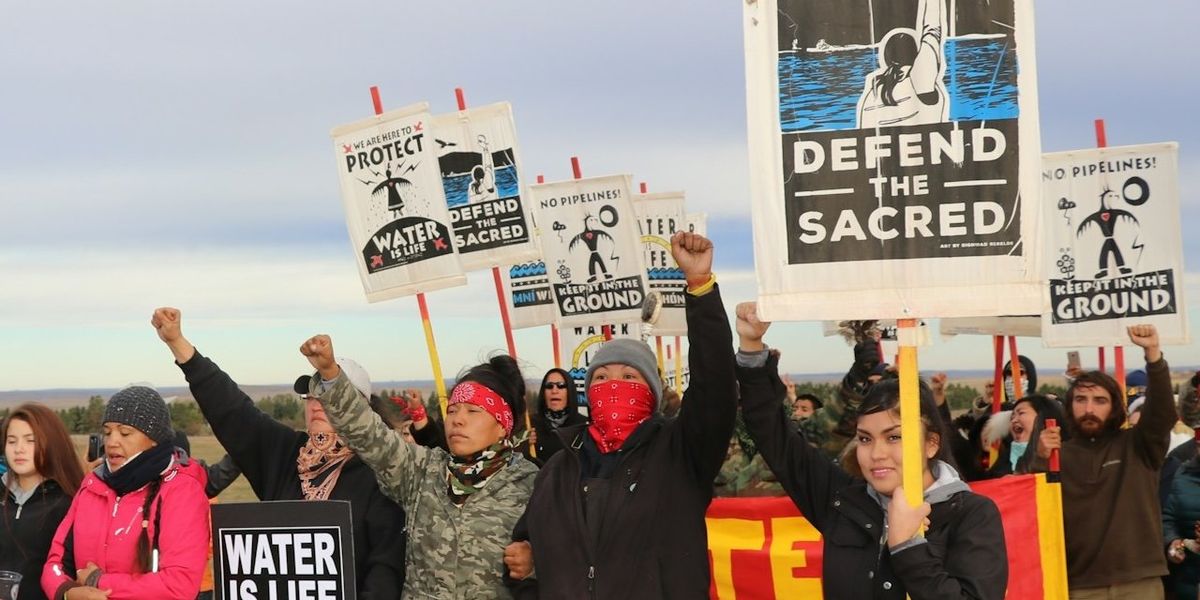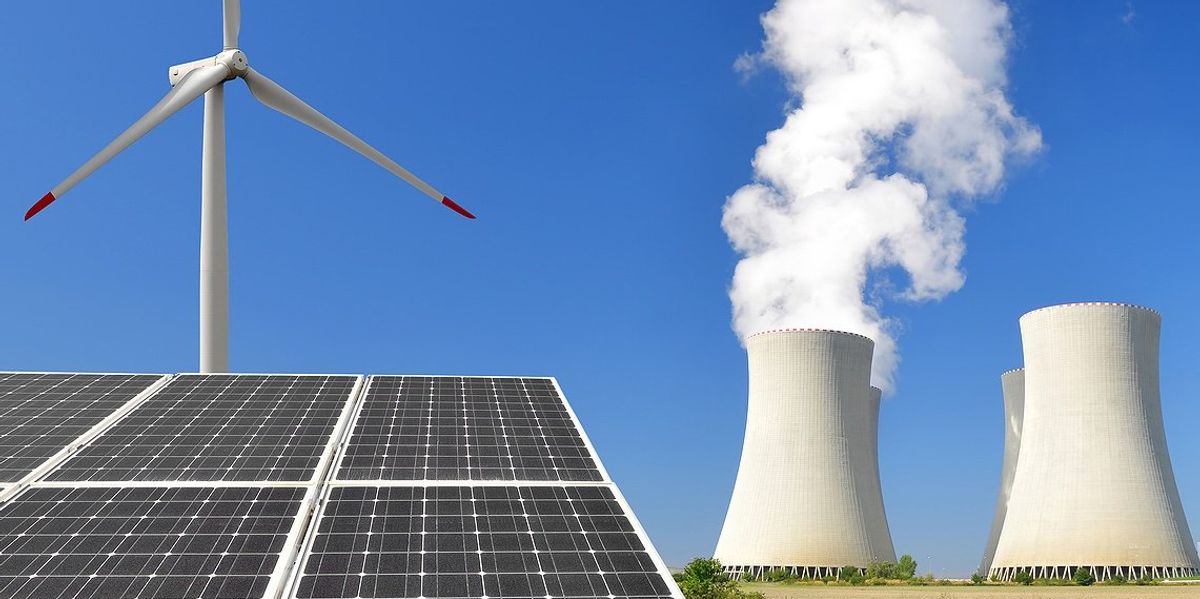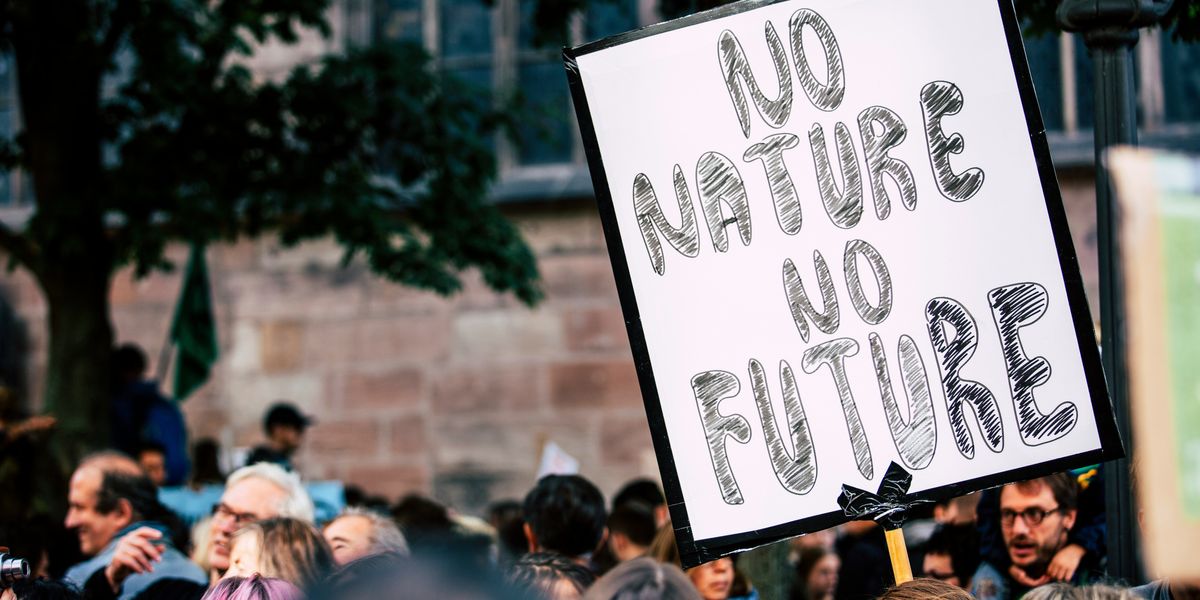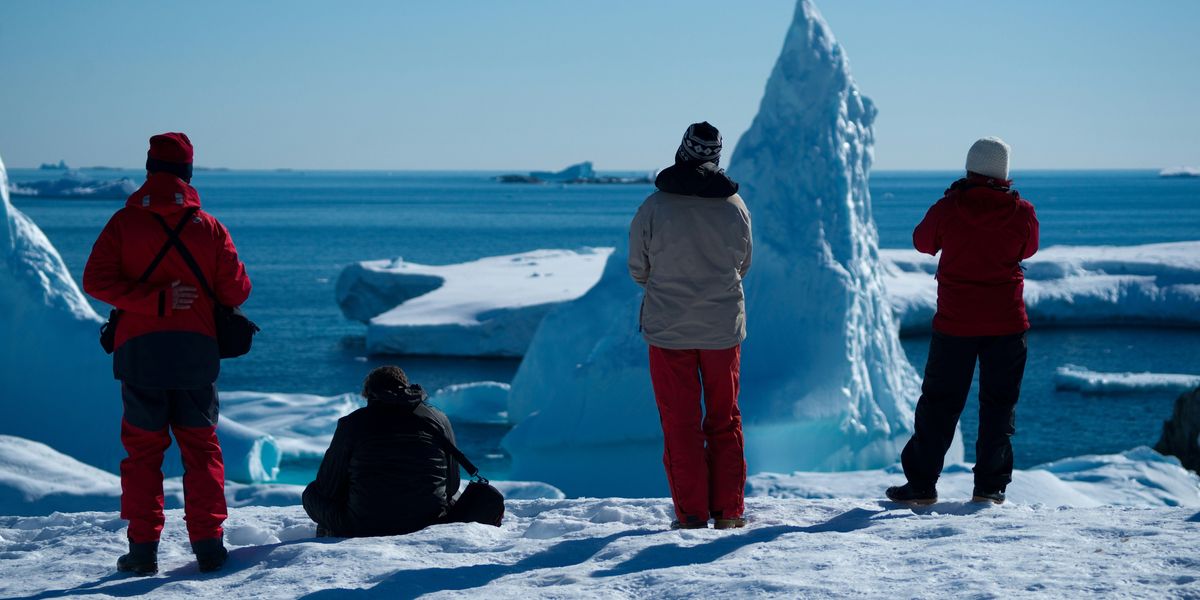
U.S. pulls out of international effort to shift major polluters from coal
The United States is withdrawing from the Just Energy Transition Partnership, a global initiative designed to help developing nations move away from coal, according to sources in key participating countries.
Tim Cocks, Francesco Guarascio, and Fransiska Nangoy report for Reuters.
In short:
- The Just Energy Transition Partnership (JETP) was created in 2021 to fund coal-to-clean-energy transitions in developing countries, with South Africa, Indonesia, Vietnam, and Senegal as initial beneficiaries.
- U.S. commitments to Indonesia and Vietnam exceeded $3 billion, while South Africa was set to receive $1.063 billion from the U.S. as part of an $11.6 billion pledge.
- The U.S. withdrawal aligns with President Donald Trump’s policy shifts, which emphasize fossil fuel development and cuts to foreign aid.
Key quote:
"We have been informed by the U.S. of their withdrawal."
— A South Africa-based source in the donor group
Why this matters:
Coal remains one of the world’s largest sources of carbon emissions, driving climate change and harming public health. As the single largest source of global carbon emissions, its continued use is at odds with international efforts to curb warming. Beyond its climate impact, coal burning is a major contributor to air pollution, leading to respiratory illnesses and premature deaths, particularly in developing nations that still depend on it for energy.
Many countries lack the financial means to transition to cleaner alternatives. International funding and partnerships have played a crucial role in helping them shift away from coal. However, with the U.S. pulling back from climate finance commitments, progress could slow, leaving developing nations struggling to secure the resources needed for renewable energy projects.
Learn more: Major fossil fuel companies linked to half of global carbon emissions

